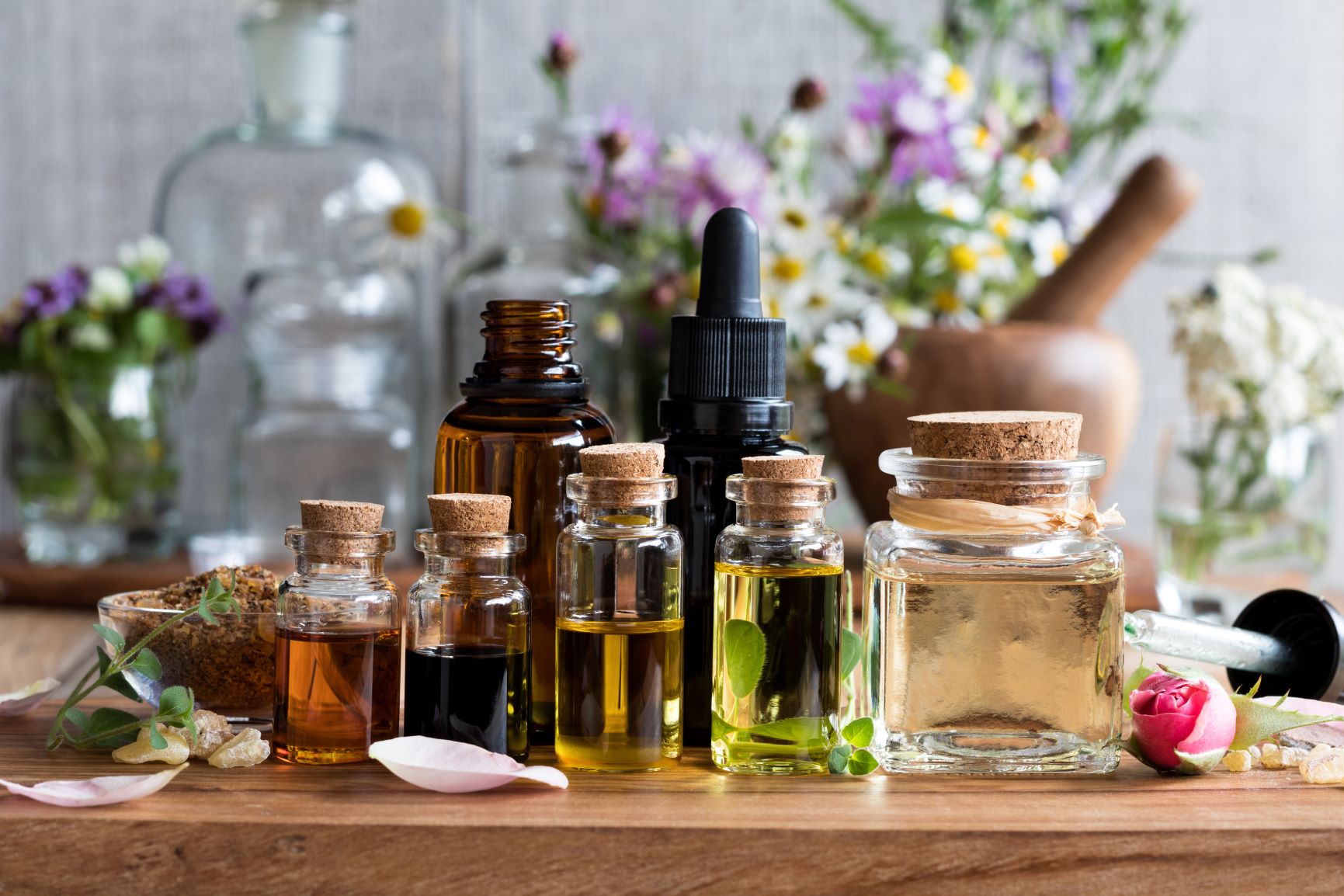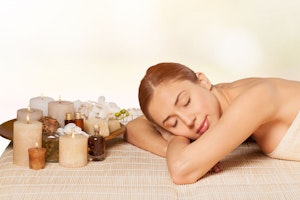It seems the more we know about the benefits of good sleep, the more we realize that so many people suffer from sleep issues that prevent them from getting the restorative sleep they need.
From occasional insomnia to severe sleep disorders that are linked to other health problems, the inability to fall or stay asleep has caused many people to turn to over-the-counter sleep aids that are harmful with long-term use.
However, many others have found relief from natural remedies to promote better sleep. There are a variety of essential oils with calming and sedative properties to reduce stress and promote relaxation of mind and muscles.
Lavender
Probably the most widely known and popular for reducing tension and inducing relaxation, lavender has been shown in studies worldwide to reduce anxiety and even help in pain relief. A study from Britain’s University of Southampton found that participants who diffused lavender oil at night said their sleep was 20% better than those who did not. Other studies support its sedative effects and show that aromatherapy using lavender oil improves sleep quality, increases the amount of sleep and elevates daytime alertness in people with insomnia.
Sandalwood
 Another oil said to relieve anxiety, sandalwood has a rich, woody, earthy scent with use for relaxation dating back to ancient times. Research has shown sandalwood to have sedative effects and even increase the duration of non-REM sleep. It’s important to point out, however, that sandalwood is one of a few essential oils that can have opposing effects depending on the individual because everyone reacts to scents differently. Sandalwood has been shown to increase wakefulness even when it also triggers physical relaxation, so experiment and see what effect it has for you. (Citrus is another oil that can either stimulate or promote sleep.)
Another oil said to relieve anxiety, sandalwood has a rich, woody, earthy scent with use for relaxation dating back to ancient times. Research has shown sandalwood to have sedative effects and even increase the duration of non-REM sleep. It’s important to point out, however, that sandalwood is one of a few essential oils that can have opposing effects depending on the individual because everyone reacts to scents differently. Sandalwood has been shown to increase wakefulness even when it also triggers physical relaxation, so experiment and see what effect it has for you. (Citrus is another oil that can either stimulate or promote sleep.)
Valerian
Valerian also has centuries of use to reduce stress and tension, but it has a big negative in that most people find its scent rather unpleasant. The strong smell can be masked by blending with other, more appealing scented oils, which may be worth the try because valerian is believed to be one of the most effective essential oils for insomnia sufferers.
Neroli
In the citrus family of oils, neroli is also known as orange blossom. It’s been touted for calming nerves and easing people into sleep. It smells so good that it has been used in perfumes for hundreds of years. It’s been used as an antidepressant, sedative and aphrodisiac among many other uses all for its soothing and mood-enhancing properties. It can be diffused for its scent or applied directly on the skin for absorption.
Roman Chamomile
There are several varieties of chamomile, but Roman is the type you want for a natural sleep aid. Often combined with lavender, Roman chamomile can provide restful sleep as a mild sedative used for reducing symptoms of depression and anxiety. A 2013 study found that an aromatherapy blend of lavender, Roman chamomile and neroli reduced anxiety and improved sleep quality of patients in an intensive care unit compared to conventional nursing interventions. It’s also known to alleviate PMS symptoms, which as many women are well aware, can disrupt sleep.
Jasmine
Jasmine has a sweet floral scent but strong ability to promote quality sleep according to research. Some say it is even more effective than lavender. A 2002 study conducted with college students found that participants who had jasmine diffused during their sleep had greater sleep efficiency, less sleep movement and more alertness during the day, compared to the groups who had lavender and no oil diffused during their slumber.
Clary Sage
Also a great essential oil for women looking for menstrual and menopausal symptom relief, clary sage has added benefits as an effective sleep aid, natural antidepressant and even antibacterial treatment.

